Tutoring: An Exception or Expectation?
Is having a tutor necessary to being successful at Westridge?
Part of being a good student is learning to self-advocate or get help from a teacher or friend. Sometimes, help comes from a tutor. Like many schools, Westridge prides itself on its academically rigorous program. And Westridge students, like others at competitive college-prep schools who are eager to take challenging and advanced courses, often find themselves turning to outside tutoring for academic support.
While the reasons for seeking tutoring may vary, Spyglass gathered data indicating that Westridge students are far more likely to be tutored outside of school than the institution anticipates. Page 22 of the Westridge 2022–2023 Student-Parent Handbook details the school’s policy on tutoring. The language suggests that the school expects most students to manage their course load without additional tutoring.
The school admits students capable of academic success at Westridge. On occasion, a student may require academic assistance in addition to faculty support. In these instances, the school may recommend that parents seek a tutor for their [child].
Tutoring is not unique to Westridge students. Tutoring can assist both students who struggle to keep up and students who are not challenged enough. Sometimes students seek tutoring to develop their organizational or study skills. Regardless, private tutoring spiked during the pandemic, with 1 in 5 upper-income families hiring a tutor to assist their children in school, according to the Pew Research Center. During the pandemic, some students struggled keeping up with the material of their classes due to the shift to online school. On the other hand, many students and families saw the increase in down time provided by the pandemic as an opportunity to tutor to go beyond the curriculum being covered in school.
Spyglass spoke with 199 Upper School students who anonymously self-reported on the following survey questions:
- Do you receive tutoring (or have in the past)?
- If yes, which subject(s)?
- Why tutoring?
For some students, the rigor of the Upper School curriculum can make students feel a need to seek outside help to keep up with the material being taught in their classes.
Holly N. ’25 said, “A lot of these classes move really fast, so getting tutored is something that you feel like you need to do not just to get ahead but also to completely understand the work.”
While tutoring might be a helpful form of support for some students, others view tutoring as a necessity. Lauren W. ’26, who has received tutoring for several years in math and writing, added, “For me at least, I feel like I need a tutor to have good grades.”
Freshman Olivia T. ’26, who plans on taking Honors Chemistry next year, said, “Every sophomore that I’ve talked to has been like ‘you can take honors chem as long as you have a tutor,’ and because of that expectation, I’m in the process of finding a tutor for chemistry.” In the past, tutoring might have been viewed as a last resort for failing students, but now, it’s become a tool for academic advantage.
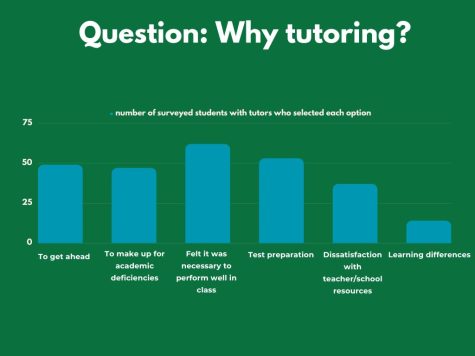
Celina L. ’26, a new student this year, believes there’s a clear difference between students who have received outside help and students who have not—especially in certain subjects. She said, “I can tell when someone has a tutor, like when they know everything even when the teacher’s not explaining it well. I think ‘Oh they probably got help outside or they self-learned.’”
Students and families also use tutoring as a means of getting ahead and going beyond the curriculum being taught. Holly, who has been at Westridge since Lower School, explained that many of her peers were tutored to get ahead in lower grades. “I know a lot of people who got tutored [to get ahead] more in lower and middle school where work was easier.” She continued, “But, more people now especially, get tutored to catch up on their work.”
Lower and Middle School Learning Support Specialist Susie Murdock noted that she has heard of situations where students have a tutor to get ahead in their classes. However she added, “But I don’t think we hear about [cases of tutoring to get ahead] as often as we do about the students who are trying to catch up.”
Ms. Murdock explained that tutoring can sometimes interfere with teacher-student relationships and raise the issue of integrity. She said, “I know that some of the middle school teachers appreciate that there are tutors, but then sometimes they have a hard time determining how much of the work done is because of the tutor’s input as opposed to the student actually being able to do the work themselves.”
Math Department Chair and Upper School Math teacher Leah Dahl said that it’s ultimately up to students and their families if they decide to share if they get extra help. “Sometimes they’ll even put me in touch with their tutor to like help coordinate or pass along information. But other times, you know, I don’t necessarily know about it…It’s not something they need to share with me necessarily. I don’t necessarily ask about it.”
Math is by far the subject area where students, both for the reason of getting ahead and keeping up with the curriculum, receive outside tutoring. An overwhelming majority (79% of total students surveyed) currently have or have had tutoring in math.
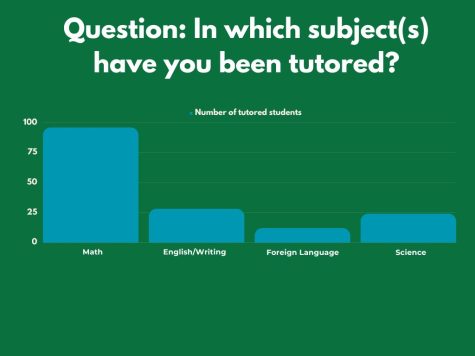
Celina discussed why tutoring may feel necessary for success in a math class due to its cumulative nature. She said, “I felt that the curriculum expected that we would already know [the material]. And I think that’s actually only with math.”
Ms. Dahl said, “It doesn’t surprise me that among the people getting tutors, math is a pretty high percentage. I know that everywhere, it tends to be a subject where people feel like they need more support than in many other subjects. And so that part doesn’t surprise me.”
Ms. Dahl explained that she is aware of more instances of students receiving tutoring in math for the purpose of keeping up with the material being taught in class rather than going beyond the curriculum being covered. Ms. Dahl said, “I’ve certainly heard more about [tutoring in math] as a means of getting support in order to keep up and not as much as the kind to get ahead.”
Holly similarly observed that more students in Lower and Middle School received tutoring in math for the purpose of going beyond the curriculum being taught. She said, “The math we did in lower school…it was more slow-paced and was smaller classes, so [the math classes] did focus more on understanding. So, when people did understand it more, they did get tutoring to get ahead.”
The increased demands of the Upper School program, the pacing, and class sizes seem to compound the already demanding material.
Although teachers are available to students for assistance, some students find that working with a tutor provides them with the opportunity to ask more questions and receive more one-on-one help, particularly for math. Makayla W. ’26, who currently receives tutoring in math, said, “Some teachers are really busy, and so they don’t always answer your questions to the extent that you want.”
However, tutoring is a resource that not all families can afford. Wyzant, an online tutoring company, charges $35–65 per hour. Other tutoring companies such as Tutors.com charge between $25–80 per hour.
Standardized test preparation tutoring specifically for college admission has been a point of contention for years. Critics of standardized testing argue that such tests do not measure the aptitude of a student but rather reflect one’s socioeconomic status. In his article published by the Brookings Institute, Andre Perry, a professor of practice of economics at Washington University and the author of the book Know Your Price: Valuing Black Lives and Property in America’s Black Cities, wrote, “Consequently, tests weed out budding low-income students instead of creating equitable access to institutions that help build wealth.”
A 2015 analysis from Inside Higher Ed found that in each of the three sections of the SAT, including reading, writing and language, and math, students whose families make less than $20,000 per year were among the lowest scorers. On the other hand, students whose families make $200,000 in family income earned the highest averages.
Free resources available to Westridge students, while not alternatives to tutoring, can still provide students with assistance and support.
The development of the Math Center this year is a resource for Upper School students that provides them with one-on-one assistance from their peers. However, Ms. Dahl explained that the Math Center is not used as a frequent resource by a large number of students, especially among underclassmen who may be intimidated to seek help from upperclassmen.
Ms. Dahl said, “Here’s this free resource that we’re offering on campus, with people who know the classes we’re offering here, you know, and it’s this kind of untapped resource that feels like it could be saving some families a lot of money. And also kind of strengthening the community connection around that, too.”
Even with the opportunity to take advantage of resources such as the Math Center or Writing Center, a handful of students and families view tutoring as necessary to keep pace with their peers. Olivia said, “Even for math [this year]—although nobody told me explicitly to get a tutor—when I asked around about whether other people were getting tutoring, most people were. So I kind of hopped on that.”
Access to a private tutor or multiple tutors is a socioeconomic privilege, which raises questions around equity. Students without tutors may feel that they are automatically at an academic disadvantage. Zoe T. ’26, a new student, has found that in order to manage her course load and classes, she has had to put in more effort than her peers who have tutors.
She said, “If you try hard enough you can make it without [a tutor], but it’s definitely a struggle to do it.”

Sophene is a junior and in her fifth year writing for Spyglass. She serves as the Managing Editor of Spyglass this year. In her free time, she enjoys baking,...

![Many students at Westridge recognize the benefits of rewriting, but do it ultimately for a better grade. [When I revise] I get to make those changes and like, obviously, get a better grade, but also because Im learning more things, said Avin M. 27.](https://westridgespyglass.org/wp-content/uploads/2024/05/ElizaK-Rewrite-Policies-1200x750.jpg)
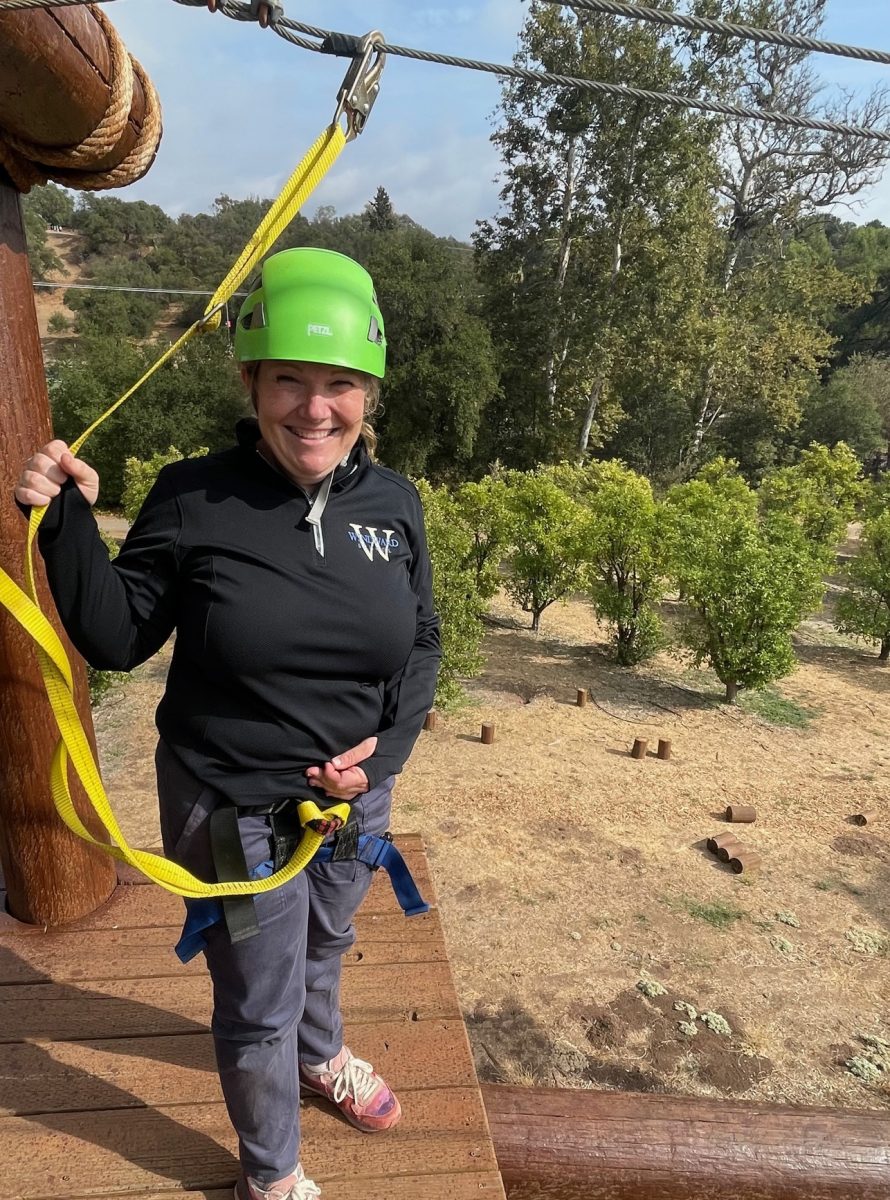


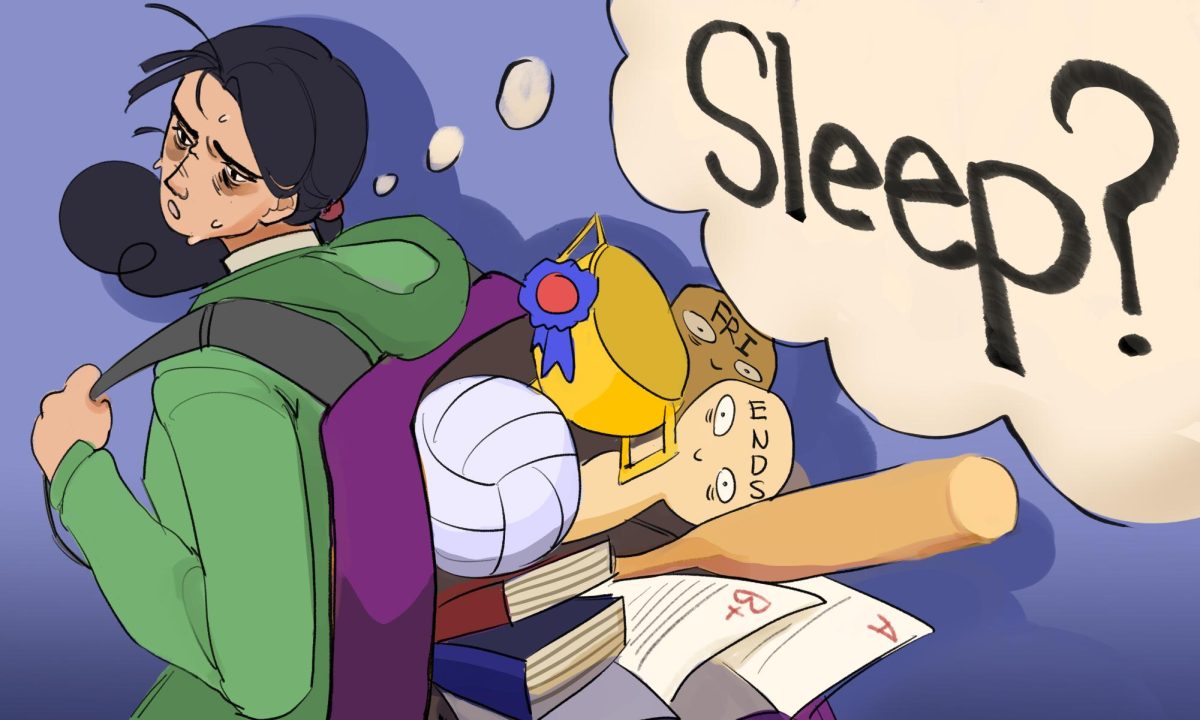



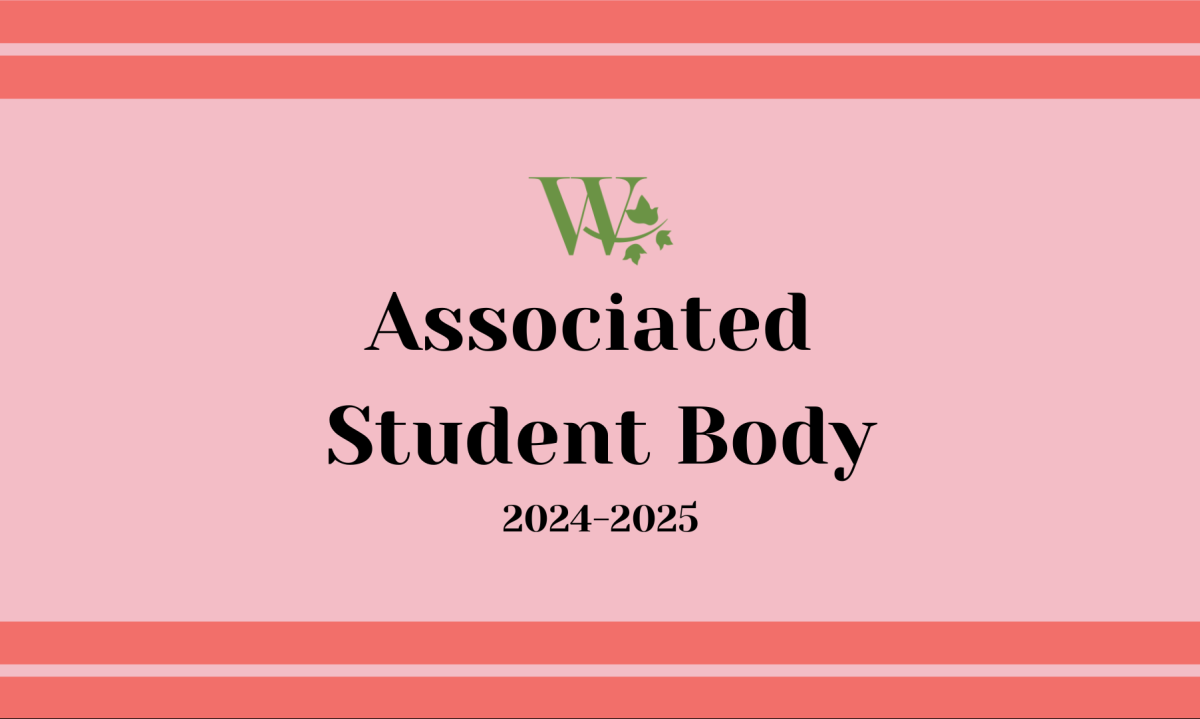
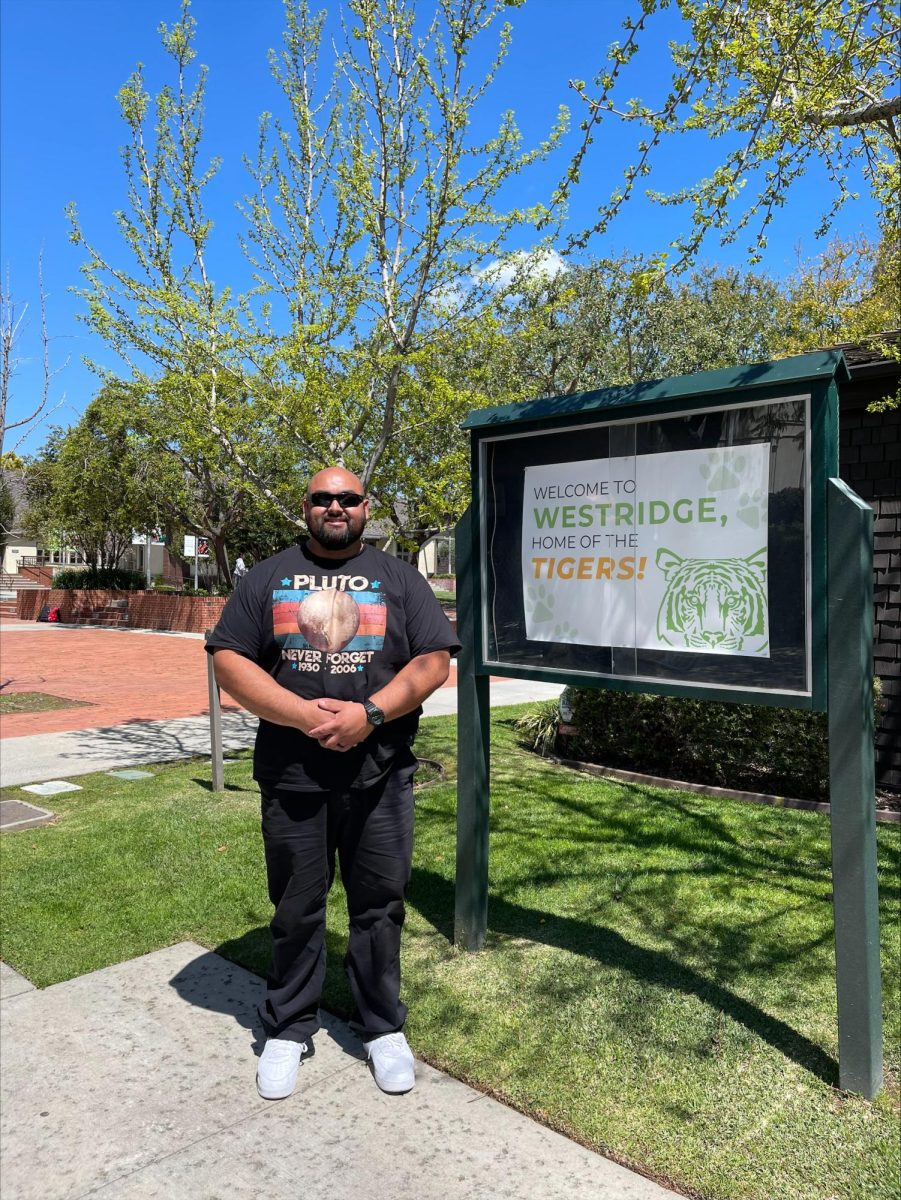
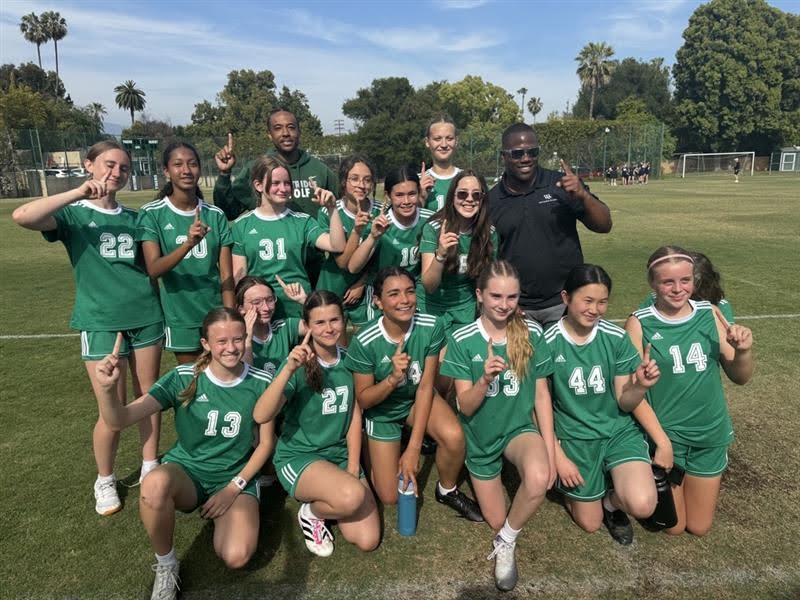







![[TTPD] has the more story-like poetic lyrics of folklore/evermore with her classic pop instrumental and production, so it feels very “her” to me. Like a culmination of everything she’s done to get to where she is now, comments Eliza L. 25](https://westridgespyglass.org/wp-content/uploads/2024/05/19swift-arrival-qfgw-articleLarge.jpg.webp)




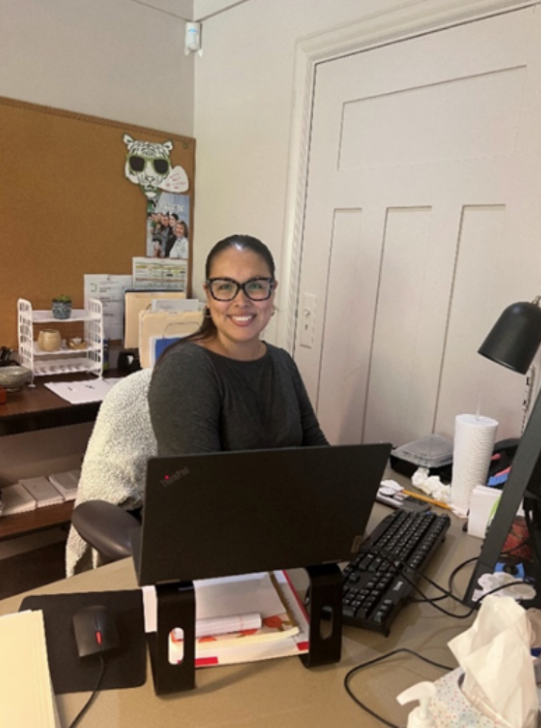
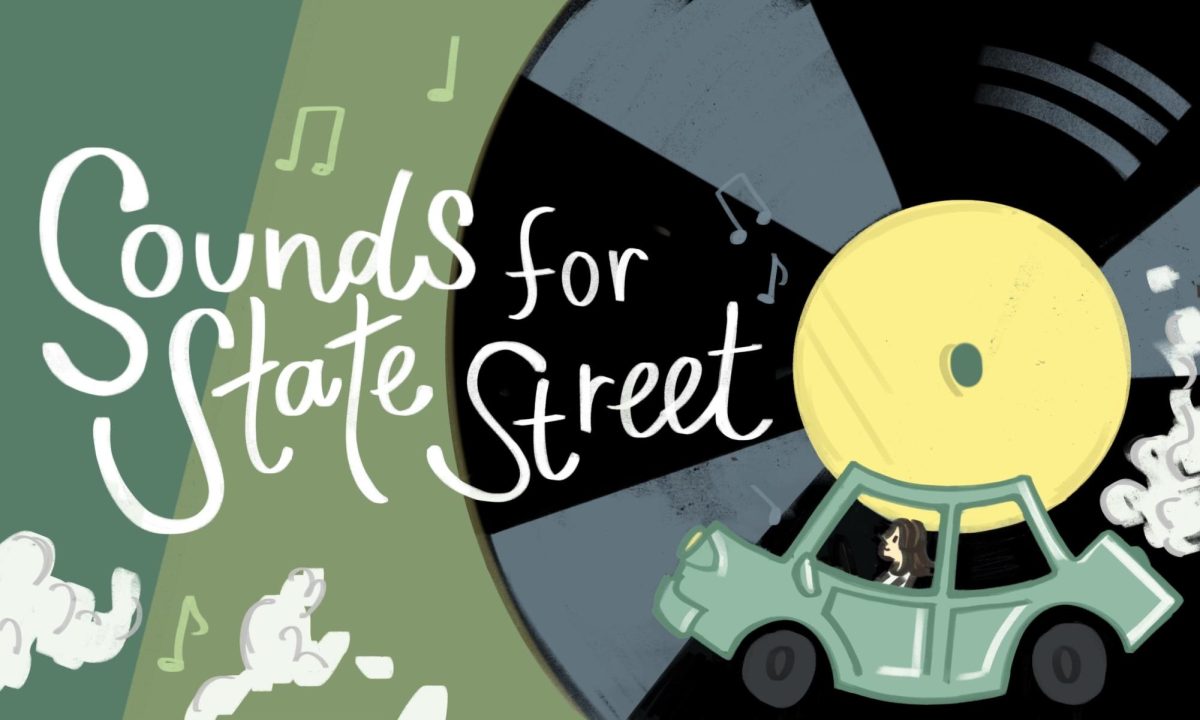







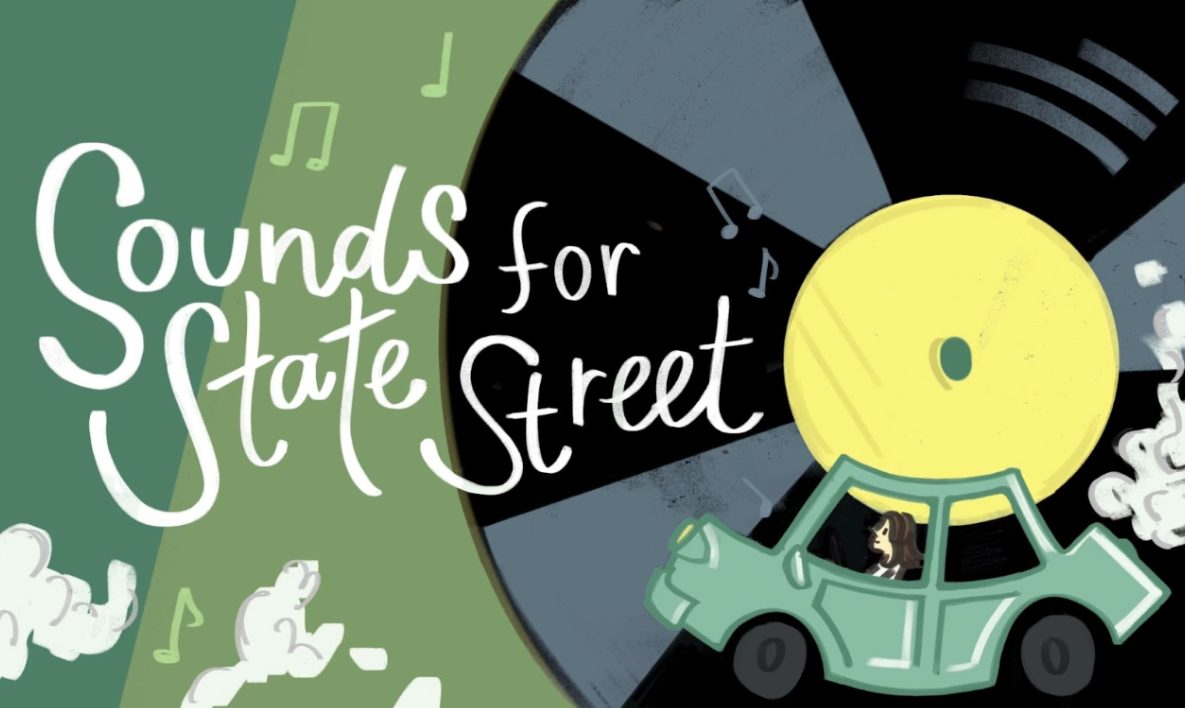


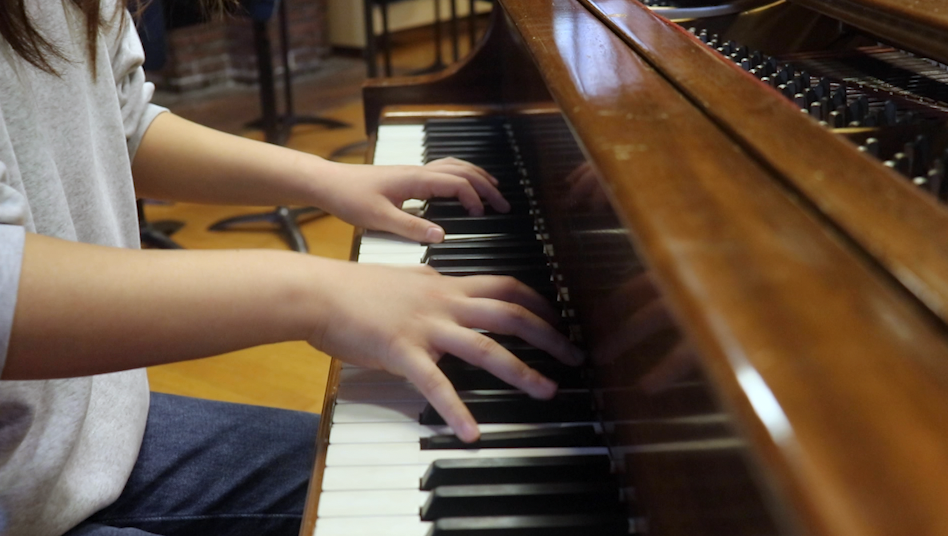





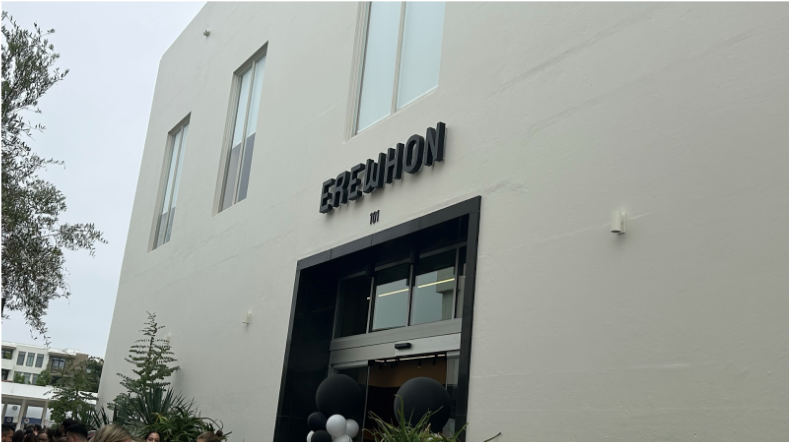









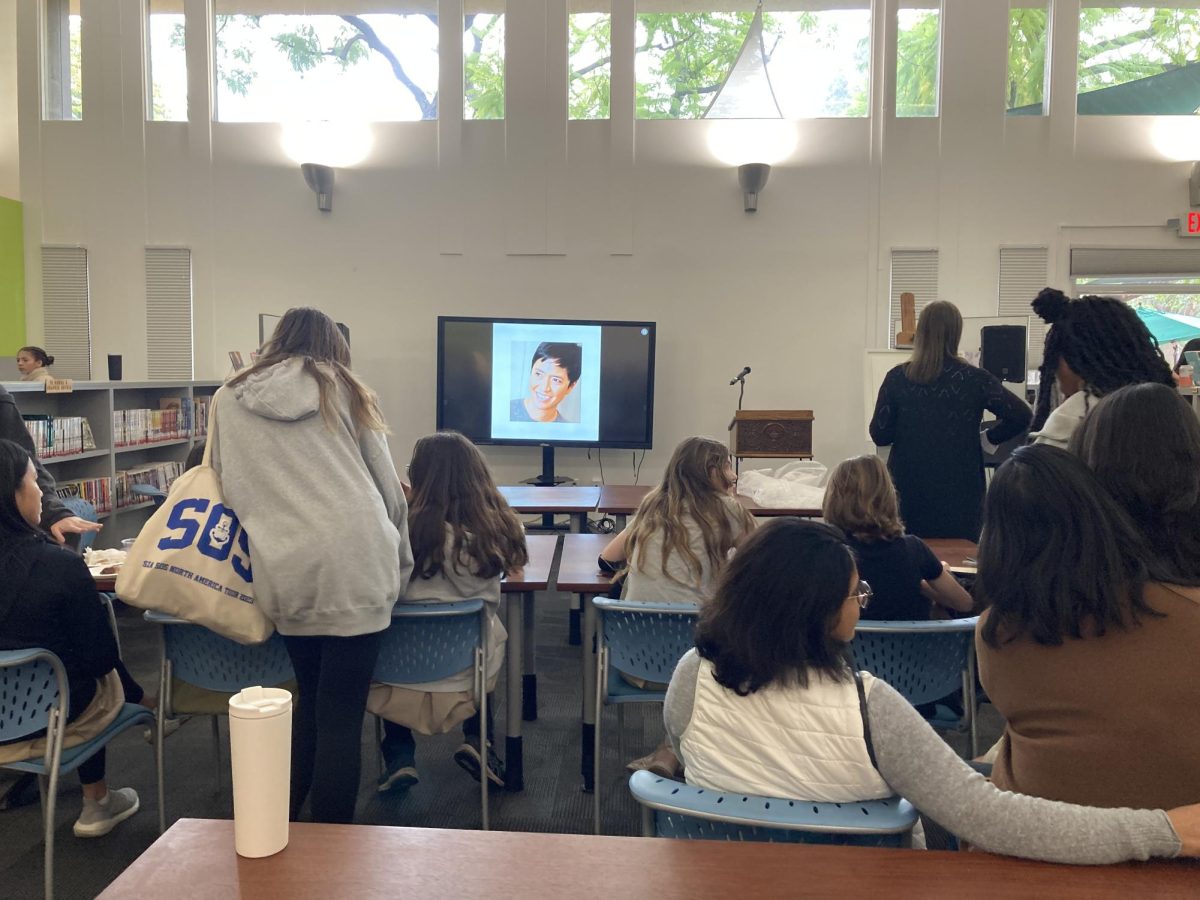





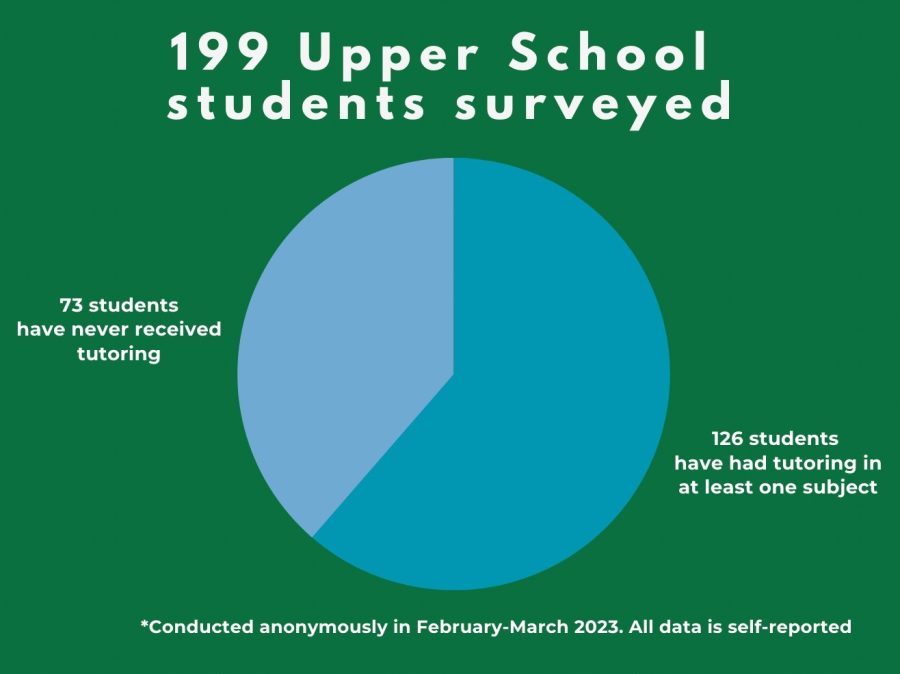
![Many students at Westridge recognize the benefits of rewriting, but do it ultimately for a better grade. [When I revise] I get to make those changes and like, obviously, get a better grade, but also because Im learning more things, said Avin M. 27.](https://westridgespyglass.org/wp-content/uploads/2024/05/ElizaK-Rewrite-Policies-600x375.jpg)
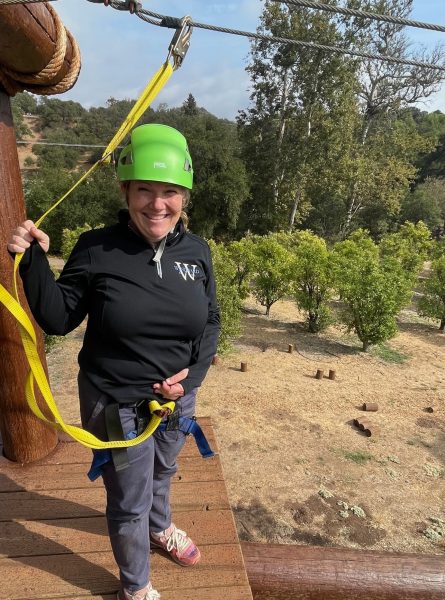


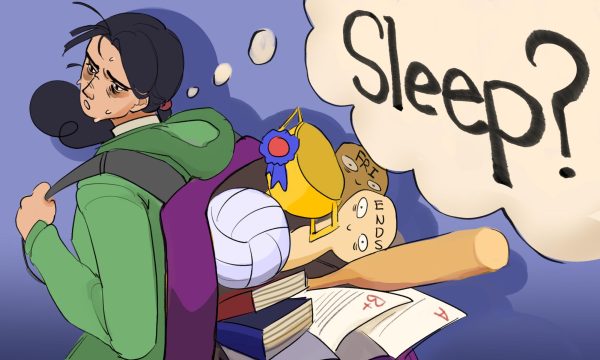
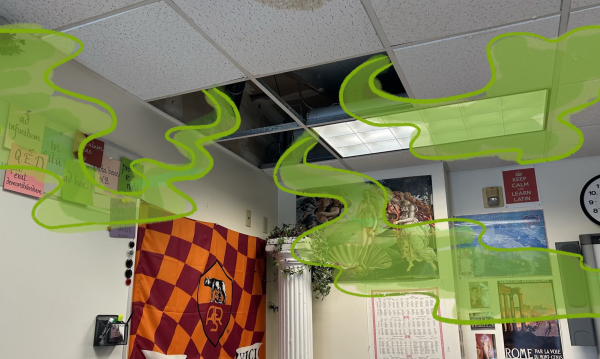
![Ms. Heydorff in her office explaining her role when working with ASB. ASB really took the lead on [ASD] and I was just there to support and give them assistance in any way they needed, said Ms. Heydorff.](https://westridgespyglass.org/wp-content/uploads/2024/04/Image-e1713072272110-414x600.jpg)


